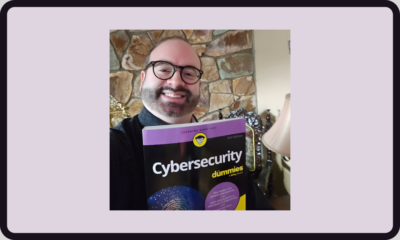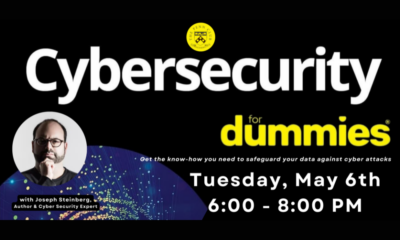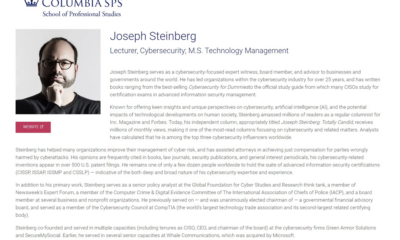Beware of This Scam Targeting People Buying Homes
Published on


Criminals know that many Americans buy homes during the spring — and they continue to target such folks with dangerous, life-changing scams; if you are buying a home, or are thinking of buying one in the future, be careful!
Here is what you need to know:
Home buying is a complex process. There are offers and counteroffers, inspections, walkthroughs, significant paperwork, and multiple third-parties (including real estate agents, mortgage brokers, banks, attorneys, agents selling title insurance, municipalities collecting taxes, etc.). There are many instructions to follow – a fact that criminals are exploiting by sending spear phishing emails that impersonate sellers or their agents.
In one common form of the scam, the sender impersonates a seller or a seller’s agent and sends the buyer “Wire Instructions” either for a deposit or for the final settlement payment. Of course, the wire instructions are not legitimate – they deliver to an account controlled by criminals, and, any payments sent will be stolen, not go toward a home purchase. The email may have an explanation that seems to make sense – some attack emails begin, for example, with “We have changed banks, please see the attached updated wiring instructions.” Unfortunately, there are already known cases of criminals utilizing this scam to steal people’s life savings – and, thereby, make them unable to purchase the home that they thought they had bought.
In another form of the scam, the criminals ask the buyer to send copies of IDs; considering that people do typically have to provide a government-issued ID at a closing, the request for such materials in advance may seem kosher; of course, the criminals asking for this information are not using it to ensure identities for a home purchase; they are obtaining it in order to commit identity theft themselves, or to sell it to other crooks who will misuse it.
Here is the bottom line: Do not follow instructions sent to you via email – confirm them by contacting the sending party at a previously-known phone number. For additional ways to protect yourself against similar scams, please see my article This Email Scam Just Caused $100 Million in Fraud.



What’s Broken in U.S. Healthcare Cybersecurity — And How to Fix It. From ransomware and cloud...


The third edition of Cybersecurity For Dummies, Joseph Steinberg‘s best-selling introductory-level book about cybersecurity, is now...


CyberSecurity Expert Joseph Steinberg will, once gain, deliver a talk for the Penn Club and Columbia...


During the upcoming Summer 2025 semester, cybersecurity expert Joseph Steinberg will once again lecture at Columbia...


Britain’s The Independent yesterday published an op-ed written by Joseph Steinberg, in which the cybersecurity expert...